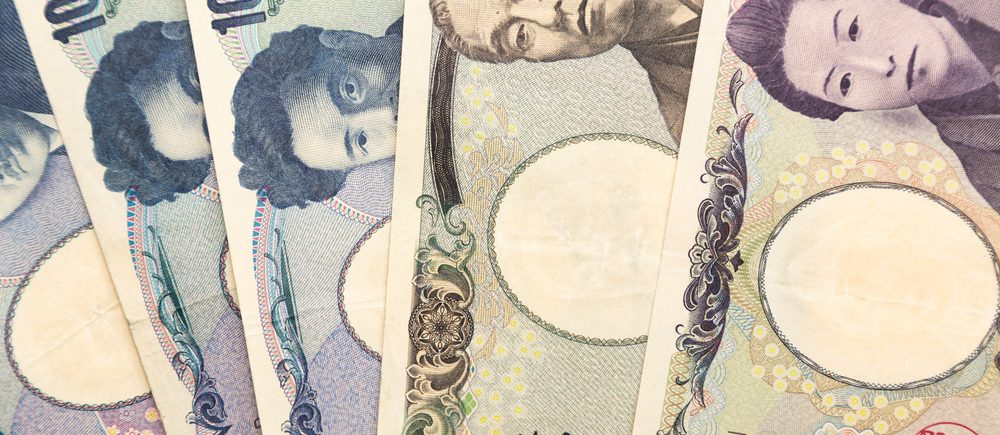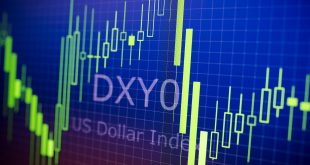The Japanese yen was down slightly on the day at 130.77 after earlier hitting a six-month high of 129.51 against the US dollar. At the time of writing, the USD/JPY pair is trading at 131.32 at the time of writing. The yen’s latest rally followed a Nikkei report on Saturday that the Bank of Japan was pondering raising the official inflation forecasts in January to show price growth close to its 2% target in fiscal 2023 and 2024.
Expectations that Japan’s central bank could start shifting from its ultra-loose policy flared in December when the BoJ widened the yield cap range on 10-year Japanese government bonds. On Tuesday, the yen seems determined to say goodbye to a disappointing trading year. It was the worst-performer versus the dollar last year. Yet, on the second trading day of the new year Japan’s currency is already scaling seven-months highs.
The yen has jumped almost 7% against the dollar to around 130.70, since the Bank of Japan last month made a surprise pinch to its bond-yield control that allowed long-term interest rates to rise more. The move was aimed at easing some of the costs of prolonged monetary stimulus.
A Nikkei report on Saturday that the BOJ was considering raising its inflation forecasts in January to show price growth close to its 2% target this and next years has only fueled speculation that the world’s most dovish major central bank could step back from its ultra-loose policy.
All this grants the yen the distinguished standing as one of the most favoured trades early in 2023. Even after the recent rebound, the yen is still deeply undervalued, which leaves scope for further gains.
Japanese authorities stepped into the market in September to prop up the yen for the first time since 1998 and again in October, when it weakened to a 32-year low of 151.94 per dollar. The benefit of hindsight suggests they just needed to hold out a little longer for the yen’s recovery.

Yen
 Noor Trends News, Technical Analysis, Educational Tools and Recommendations
Noor Trends News, Technical Analysis, Educational Tools and Recommendations




